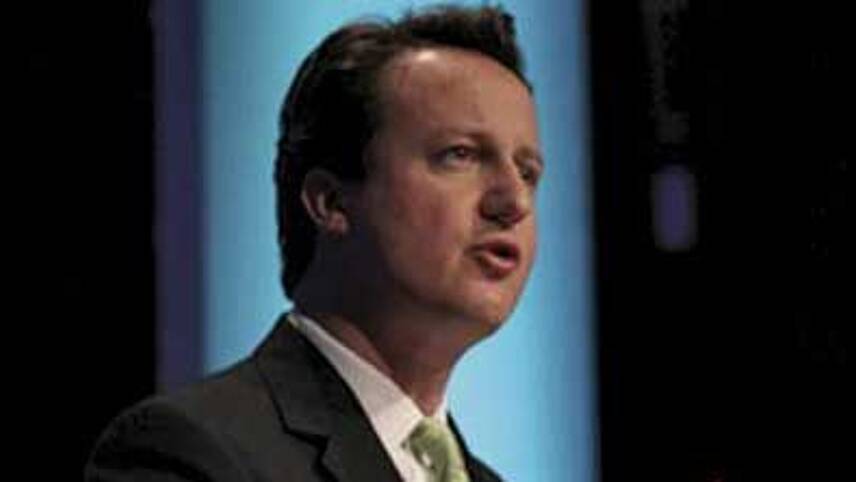Standard content for Members only
To continue reading this article, please login to your Utility Week account, Start 14 day trial or Become a member.
If your organisation already has a corporate membership and you haven’t activated it simply follow the register link below. Check here.

The prime minister has said that “enough is enough” for onshore wind and that subsidies for the renewable energy technology should be removed.
Speaking in front of the Liaison Committee on Tuesday evening, David Cameron told MPs that this would prevent “unnecessary” windfarms being built and adding costs to consumer bills.
He said that onshore wind is due to meet more than 10 per cent of UK demand if all of the windfarms in the planning system are built, and that would be enough to balance the UK’s energy supply.
He told the committee: “We don’t need any more of these subsidised onshore windfarms so let’s get rid of the subsidy, put them back into the planning system and let them make their case – I suspect they won’t.
“With the reasonable amount of onshore wind we have now, we will have safe electricity supplies as a result, but enough is enough.”
Cameron added that “frankly the public are fed up” with onshore windfarms.
The prime minister also said that new nuclear would play an important role in cutting carbon at the lowest cost, but denied that it has been favourably treated compared to other renewable technologies
He said that the subsidy provided to EDF Energy for Hinkley Point C – at £92.50/MWh – is lower than the subsidies offered to offshore wind (£150/MWh), but defended the 35 year contract for difference period for new nuclear against the 15 year deal for renewables.
“We don’t accept we’re treating nuclear favourably compared to renewables,” he said. “You can’t ask nuclear power station to be there only for couple of years – it is a multi-billion construction project and it needs long life.”
The prime minister also told the committee that there are no subsidies being offered to shale gas developments, only a “tax regime that encourages it to get going and reward local communities”.
He said the industry “needs to take the public with them” to help the nascent industry to develop.
Cameron said once the first fracking pods have been established, and the local communities have received the benefits – including the £100,000 for each well drilled, 1 per cent of all revenues, and the local authority keeping 100 per cent of the business rates – “others will see that, and realise that there are advantages”.
Please login or Register to leave a comment.